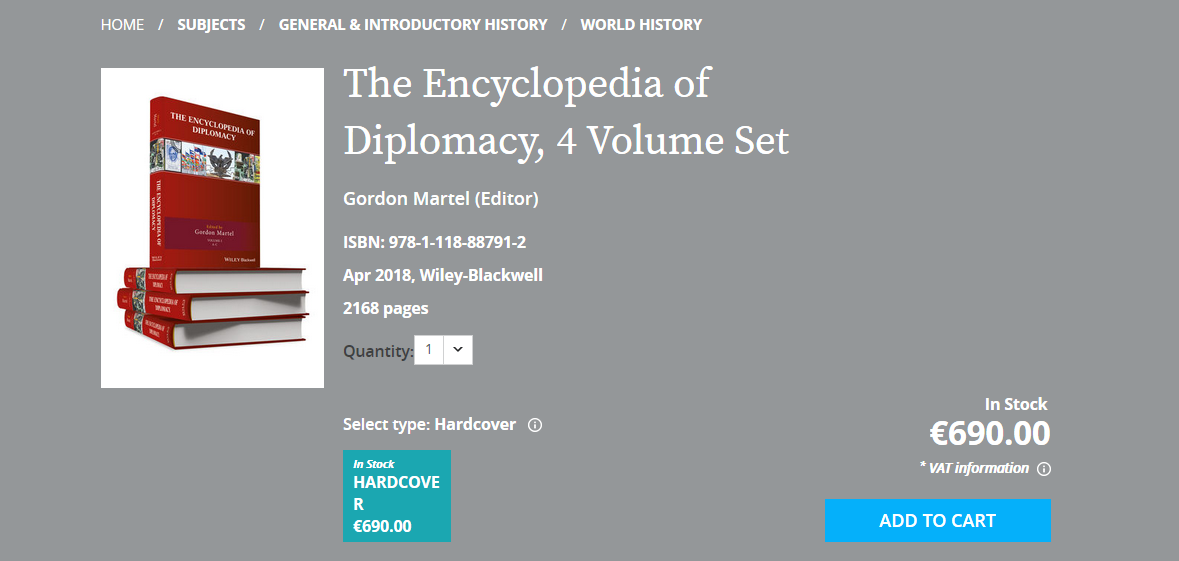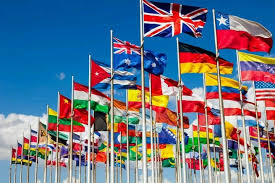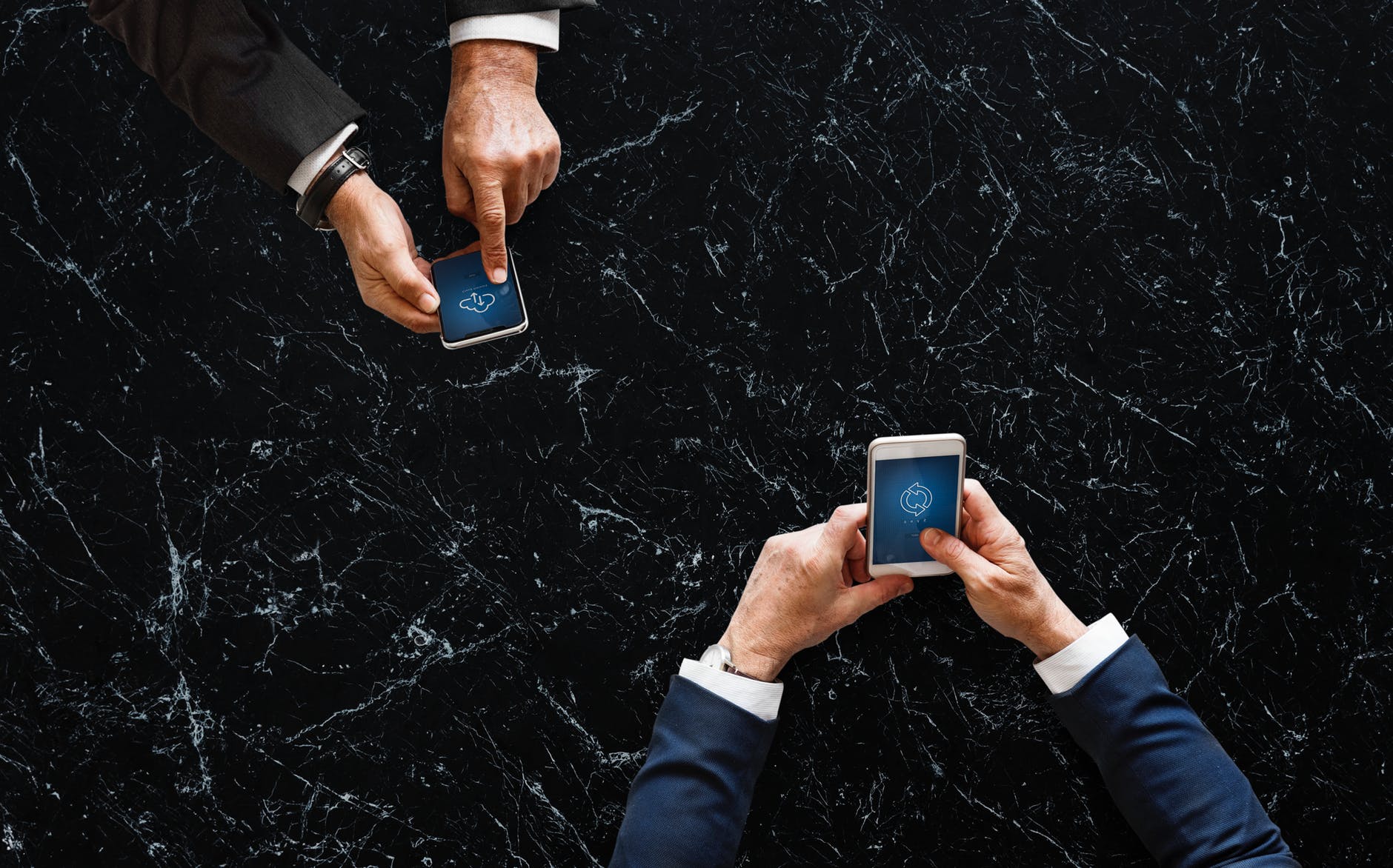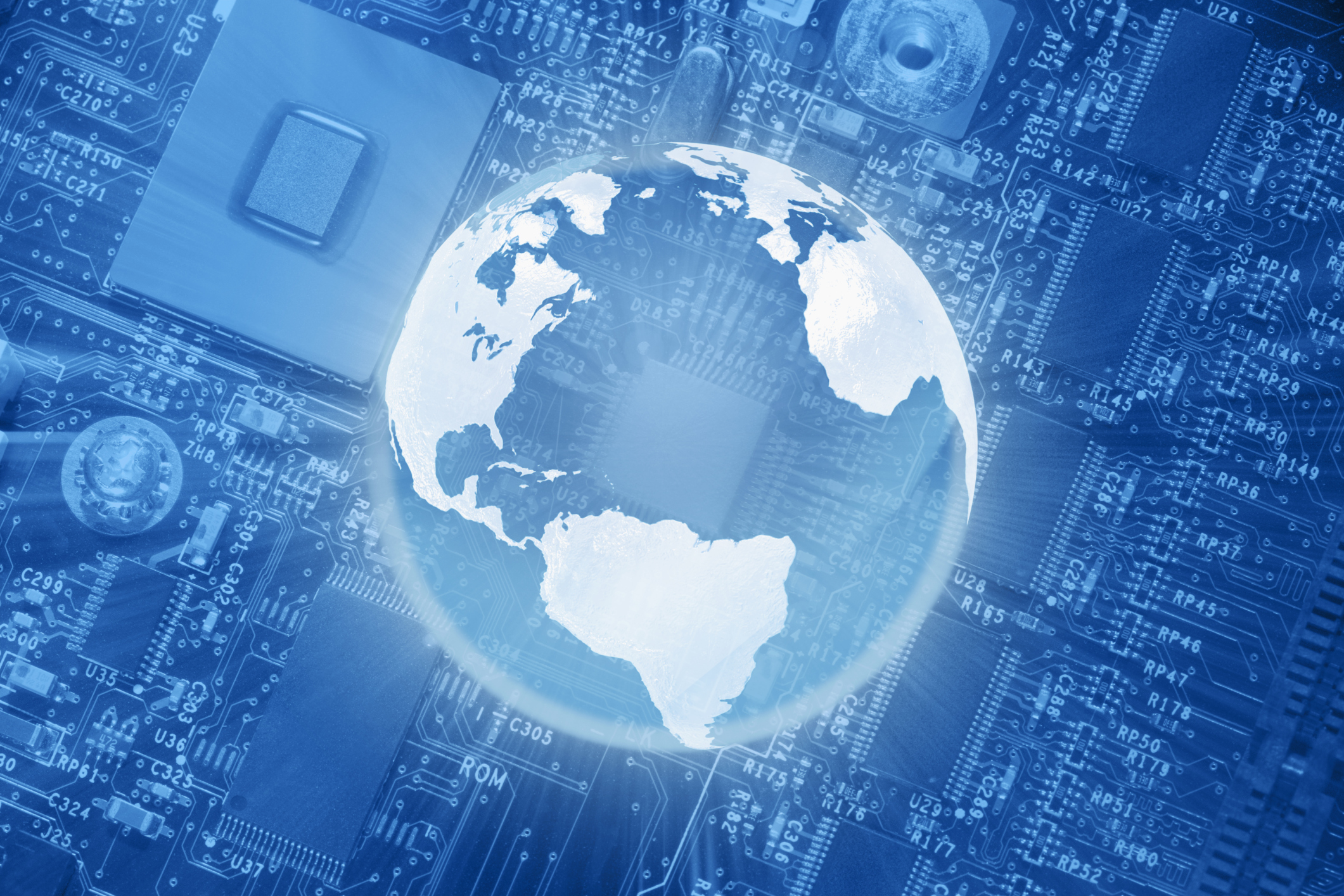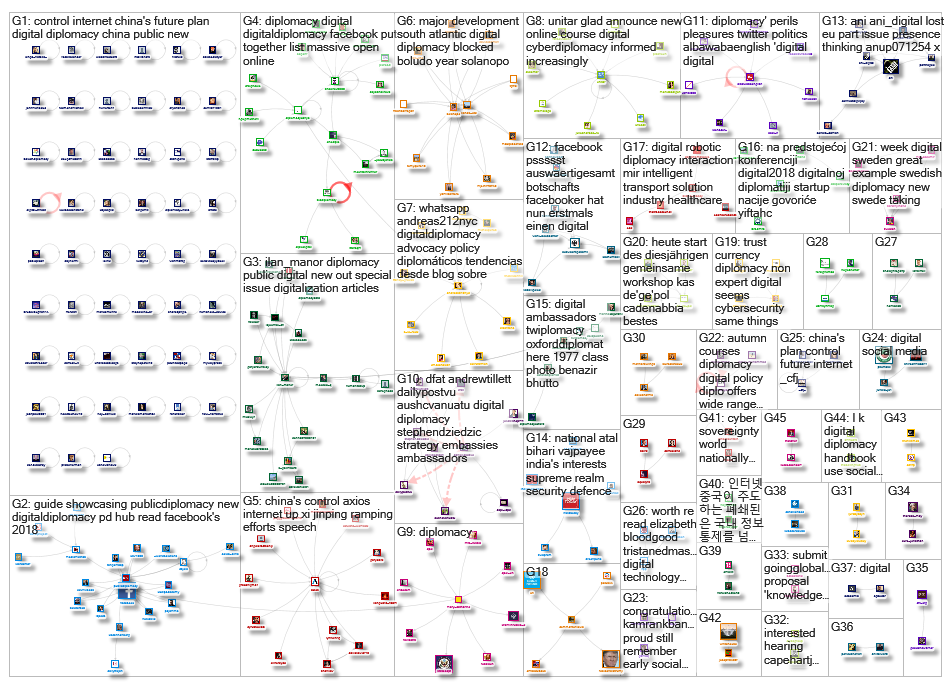Technology is Changing Diplomacy
The world has changed more rapidly over the last 35 years than over the last 350 years. These changes ultimately permeated the world of...
The Encyclopedia of Diplomacy
Description
The Encyclopedia of Diplomacy is a complete and authoritative 4-volume compendium of the most important events, people and terms associated with diplomacy and international...
Meeting Kosovo’s clickbait merchants
Two weeks ago, I was sitting in a dark bar in a small town an hour's drive from Kosovo's capital, Pristina. In front of...
Article 02- What Is Diplomacy?
The Term Diplomacy is difficult to define, as there is no universal definition for diplomacy. Broadly speaking It has been defined as “institutionalised communication, among internationally recognised representatives…[who] produce, manage and distribute public goods”(Bjola and Kornprobst, 2013; p4). Alternatively, diplomacy can be defined as “the conduct of human affairs by peaceful means, employing techniques of persuasion and negotiation”(Badie et al, 2011; p1). What is clear is that diplomacy concerns communication between international actors in a networked sphere.
Moreover, diplomacy is conducted by independent states that enter into dialogue because of domestic policies affecting each other. Eighteenth century philosopher Jacques Rousseau termed this ‘body politic’, whereby a state is “forced to look outside itself in order to know itself”(Watson, 1982; p1). States must therefore constantly be aware of the happenings outside their borders, by engaging in dialogue as “their domes..
Diplomacy dies in darkness: Europe and information manipulation
“Information manipulation” or just plain “fake news”? How France is grappling with a very modern threat
Whether it is the refugee crisis, Catalonia, or last...
Article 01: An Introduction to Digital Diplomacy
So what exactly is Digital diplomacy?
Digital Diplomacy is the use of digital tools by diplomats and by MFA’s (Ministry of foreign affairs) as a new method to conduct their public diplomacy. Digital diplomacy entails the use of digital tools such as social networking; Twitter, Facebook, Instagram, Google + and many other various social networking sites (SNS). The move for MFA’s to adopt digital tools happened when digital technologies began to penetrate every aspect of modern day life which of course impacted the political and diplomatic arena. The digital age saw people shift to online platforms as modes of interaction. The traditional forms of how politics was conducted is changing, and Western and European countries moved a huge proportion of their services online. This is when diplomats and MFA’s realized that they needed to interact with foreign publics as well as interact with their own nationals and the diaspora.
Former Mexican Ambassador to the USA, Arturo Sarukhan is said to..
WeChat, China’s Weapon of Mass Propaganda?
Khun Joy benefits by allowing transactions over 300 baht through WeChat Pay at her high-end souvenir and clothing shop in Koh Samui, Thailand. Many...
How national diplomatic missions are adapting to a fast-changing environment
Diplomacy at a crossroads
The impact of technology in diplomacy cannot be overstated. If “twenty years ago, telegrams from embassies would arrive in paper form”,...
Conceptions and Misconceptions of Digital Diplomacy
In the introductory chapter to the edited volume on Digital Diplomacy: Theory and Practice that Marcus Holmes and I published four years ago, I...
Digital Diplomacy via NodeXL 28. Augist 2018
The graph represents a network of 283 Twitter users whose tweets in the requested range contained "Digital Diplomacy ", or who were replied to...






